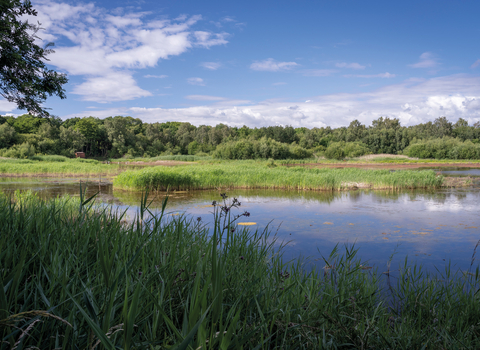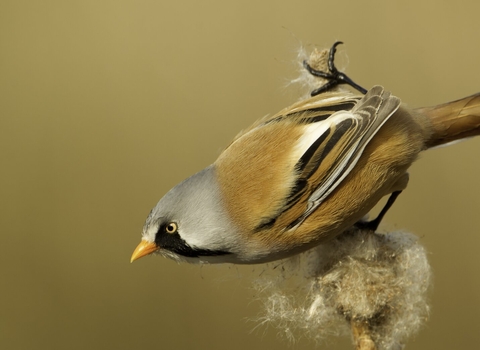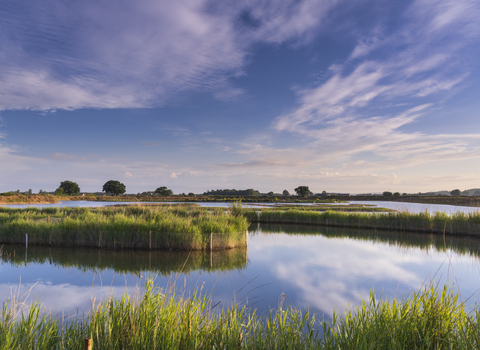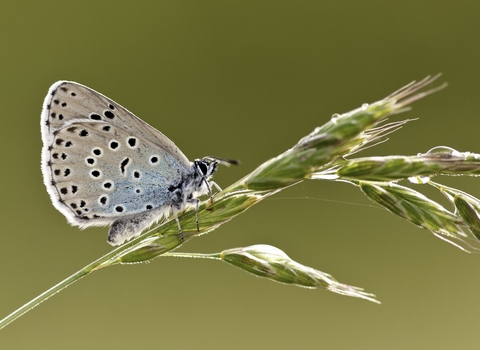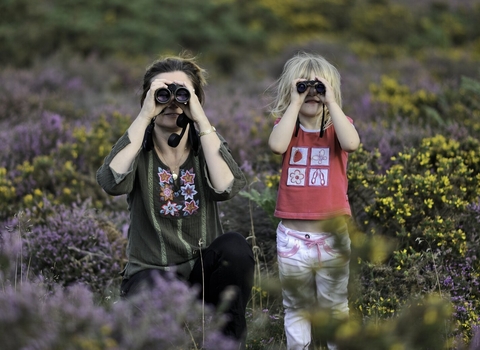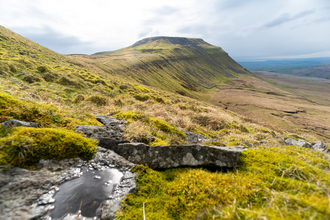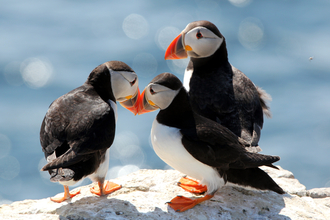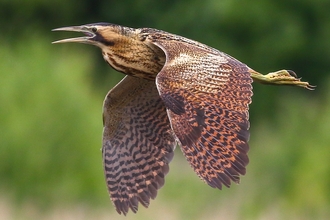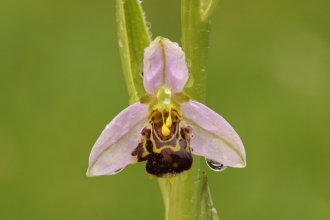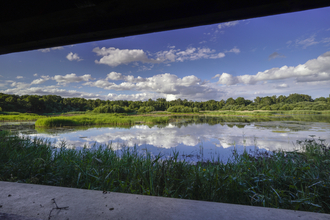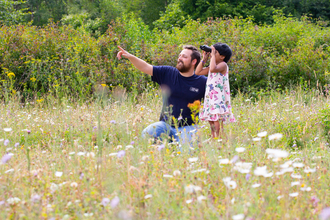Find your new favourite reserve
With over 100 Yorkshire Wildlife Trust nature reserves to enjoy amazing wildlife, birdwatch and visit in Yorkshire, you're spoilt for choice.
To help, we've put together a list of our top reserves for birding, accessibility, families, wildflowers and butterflies.
Read on to discover your new favourite walking route or place to watch wildlife and enjoy nature in Yorkshire.
Yorkshire's best birding hot-spots
Remember, always watch from a distance to avoid disturbing birds or their nests.
Our topmost accessible nature reserves
We’ve picked out some of the best sites in each region for wildlife lovers with disabilities to connect with nature.
At all these places you’ll find flat, level paths that are suitable for standard wheelchairs, with nearby parking.
At some, there are also designed disabled parking spaces, accessible toilets and hides with wheelchair access.
Remember:
- Please use your own judgement about what is safe and suitable for you
- Bring your Radar key to make use of accessible gates
Our best reserves for wildflowers and butterflies
As much as we love wildflowers, butterflies love them even more, and discovering a meadow full of colourful flowers usually means finding a thriving population of insects, not least a variety of delightful butterflies. From the tiny skippers to big, striking butterflies like the peacock and red admiral, these beauties come in a range of shapes, sizes and colours.
You can enjoy gorgeous displays of wildflowers at many of our reserves in spring and summer, but here are a few tips to get you started.
Our top reserves for families
Whether you want to take little ones for a buggy ride or a toddle in beautiful surroundings, find space for the kids to run and play, or just to get out of the house for some fresh air, we’ve got you covered with these recommendations for our top family-friendly reserves.
Our top reserves for fungi
We’ve picked out some of the best sites in each region to enjoy rare, colourful and enchanting fungi.
Amazing wild places across Yorkshire
Yorkshire. Home to some of the most magical wildlife and wild places you’ll ever see. Discover eight of the wildest places in North, East, South and West Yorkshire
Seasonal walking routes across Yorkshire
Explore four of our most popular walking routes and discover the very best of Yorkshire's seasonal wildlife.
North Yorkshire (autumn)
This makes a gorgeous autumnal walk, full of fallen leaves and mossy trees. It’s quite hilly in places but has well-worn paths and spectacular views – you can even see the sea on a clear day!
East Yorkshire (summer)
Summertime heralds an abundance of chalk grassland flowers in this historic area of Yorkshire which hosts one of the best places to see striking, monochrome marbled white butterflies.
South Yorkshire (winter)
Explore our wealth of wildlife corridors and urban green spaces in the area around Potteric Carr nature reserve. Winter is an ideal time to try this walk, as you’re likely to catch some breath-taking starling murmurations as dusk approaches
West Yorkshire (spring)
The Lines Way provides an attractive and accessible wildlife corridor for about three and a half miles along the disused Garforth-Castleford railway line

